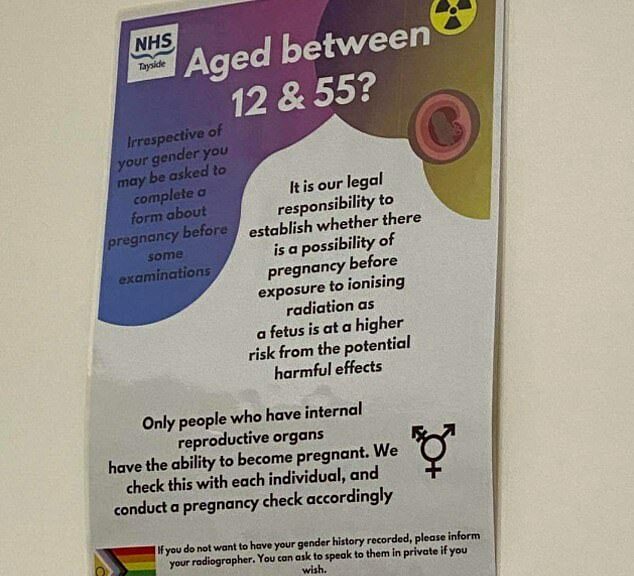Everyone has a mother, sister, and daughter-in-law. They may also look healthy. But, in reality, they are always at risk of a deadly disease. That is – cervical cancer. Every woman between the ages of 30 and 60 is at risk.
Women who get married at a young age, have many children, have sex with many people, and use long-term contraceptive pills are at higher risk of cervical cancer. Women who have had sex only once in their lives are at equal risk.
Because of this risk, it is the number one cancer in women. Treatment for this disease is expensive and complicated. “Therefore, it is better not to get the disease,” said Dr. who has been active in controlling the disease for 15 years. Sarita Ghimire says, “And, that can be done easily.”
Expert experience
Sarita Ghimire, a gynecologist and oncologist with a permanent home in Ramechhap, is an MBBS and MD at the Institute of Medical Studies (IOM).
When she did her MD in Gynecology and Obstetrics in 2004, cancer hospitals had just started opening in Nepal. At the same time, the number of cancer patients was increasing exponentially.
Dr. looking at that situation. Ghimire went to Bharatpur Cancer Hospital and took special training on cancer. She then traveled to Pakistan and the United Kingdom for specialist training. Since then, she has been working on cervical cancer prevention for 15 years.
Currently working as a chief consultant at the Cancer Care Foundation in Talchikhel, Lalitpur. Ghimire’s emphasis is on timely diagnosis. For this, she reaches districts to raise public awareness. He has experienced that 6 to 8 out of every 100 people who come to the hospital for uterine examination start getting cancer at the time of infection. Dr. Ghimire says, “These statistics show the benefits of raising public awareness.”
When she joined Bhaktapur Cancer Hospital, she became more active in running camps in the districts. In these camps, information was given about various cervical diseases including cervical cancer and breast cancer. Women are more likely to get cervical cancer, but it can be prevented if the number of people coming to the hospital for testing increases. Ghimire has experience. And, it has given him professional satisfaction.
In the camps, she kept scary photos, afraid to go to the hospital for a test. ‘It is human nature not to take anything seriously, not to change one’s behavior unless there is fear in the mind’, said Dr. Ghimire says, “Which will be fatal tomorrow.”
According to her, about 528,000 women worldwide suffer from cervical cancer every year. What is the situation in Nepal? “20-22 percent of women who come to the hospital for cancer treatment in Nepal suffer from cervical cancer,” said Dr. Ghimire says, “A detailed study is yet to be done about this.”
No symptoms at first
As the cancer of the cervix grows, so does the odor and the blood. Bleeding even when there is no menstruation or recurrence of blood in dry menstruating women is also a sign of cervical cancer. When the cancer spreads, it causes bloating, swelling of the legs, back and back pain, and difficulty in defecating.
To avoid this, women who have reached the age of 30 and have had sexual intercourse at least once in their life should be examined by a trained health worker at least once every three to five years. Ghimire suggests. “Women who have had dry menstruation and are prone to cancer should have regular uterine examinations,” she said.
During the test, health workers place a medicine in the cervix and perform a visual inspection with acetic acid (VREA). Earlier, Pap smear test (PST) was done to find out if there was any cancer in the cervix. VREA is a more scientific method than that.
Infection is known to prevent
Cervical cancer is caused by a virus called human papillomavirus. The virus develops into cancer 15 to 20 years after infection. Dr. According to Ghimire, the human papilloma virus lasts for 15-20 years. If the immune system is strong enough, the body can expel it. In those with low immunity, it can cause cancer by making subtle changes.
Regular checkups can be done to prevent cervical cancer before it is detected. Ghimire explains. “However, our women are so preoccupied with the responsibilities of the family that they do not have time to remember the hospital until the disease becomes serious.”









